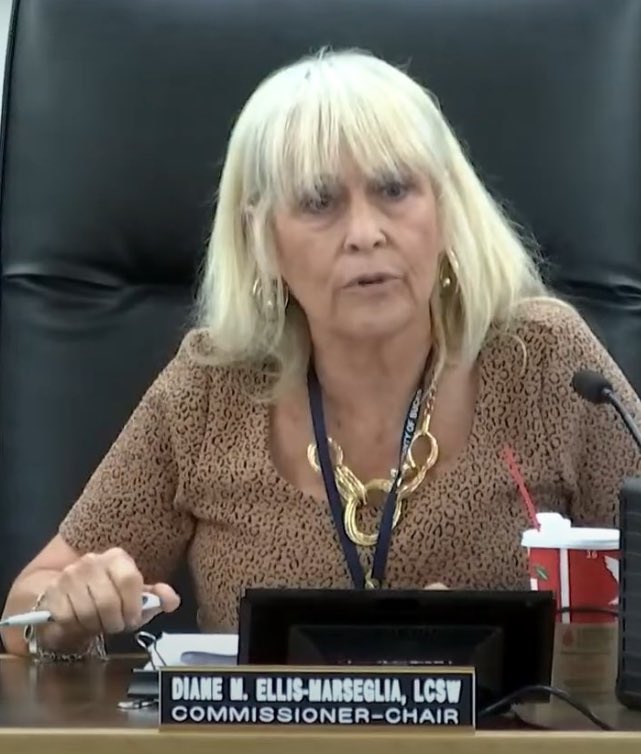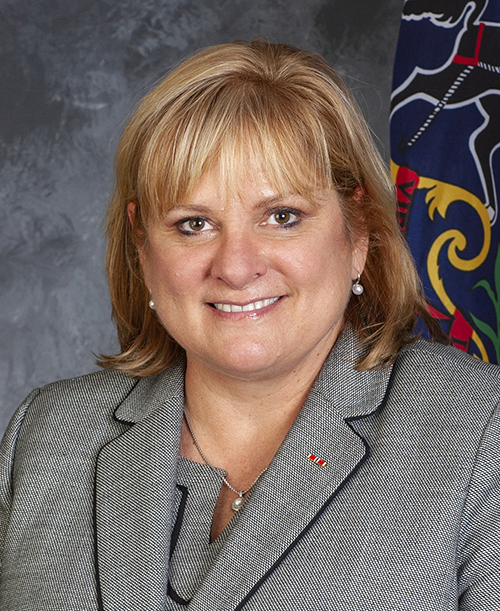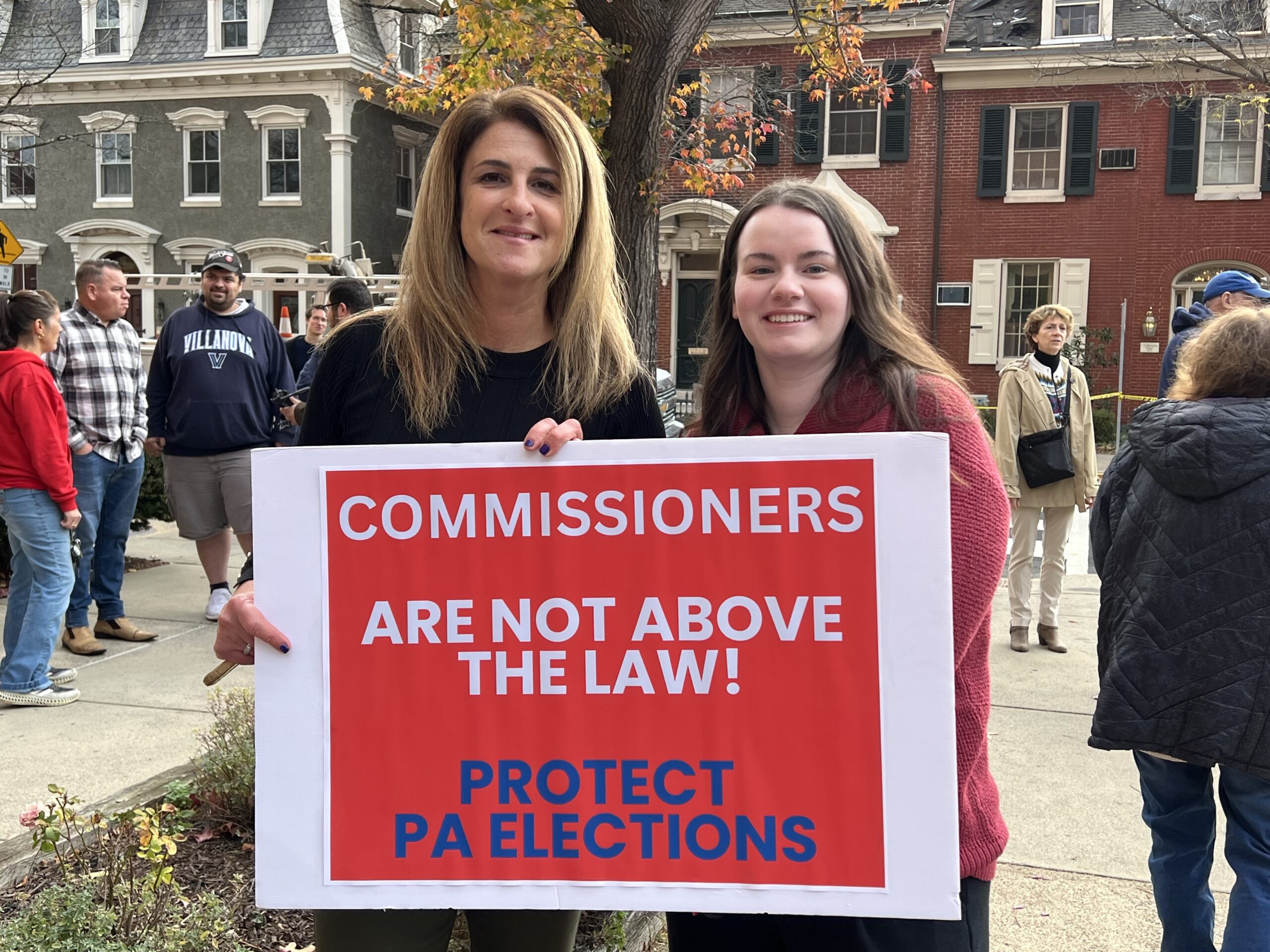Newly released emails confirm Bucks County Democratic elected officials overrode the COVID guidelines from the county’s top health official during the pandemic—emails that Democrats fought to keep from the public. Now one of the Democrats behind the strict masking rules says the issue is dead. “The public is over it,” Commissioner Diane Ellis-Marseglia said during […]









